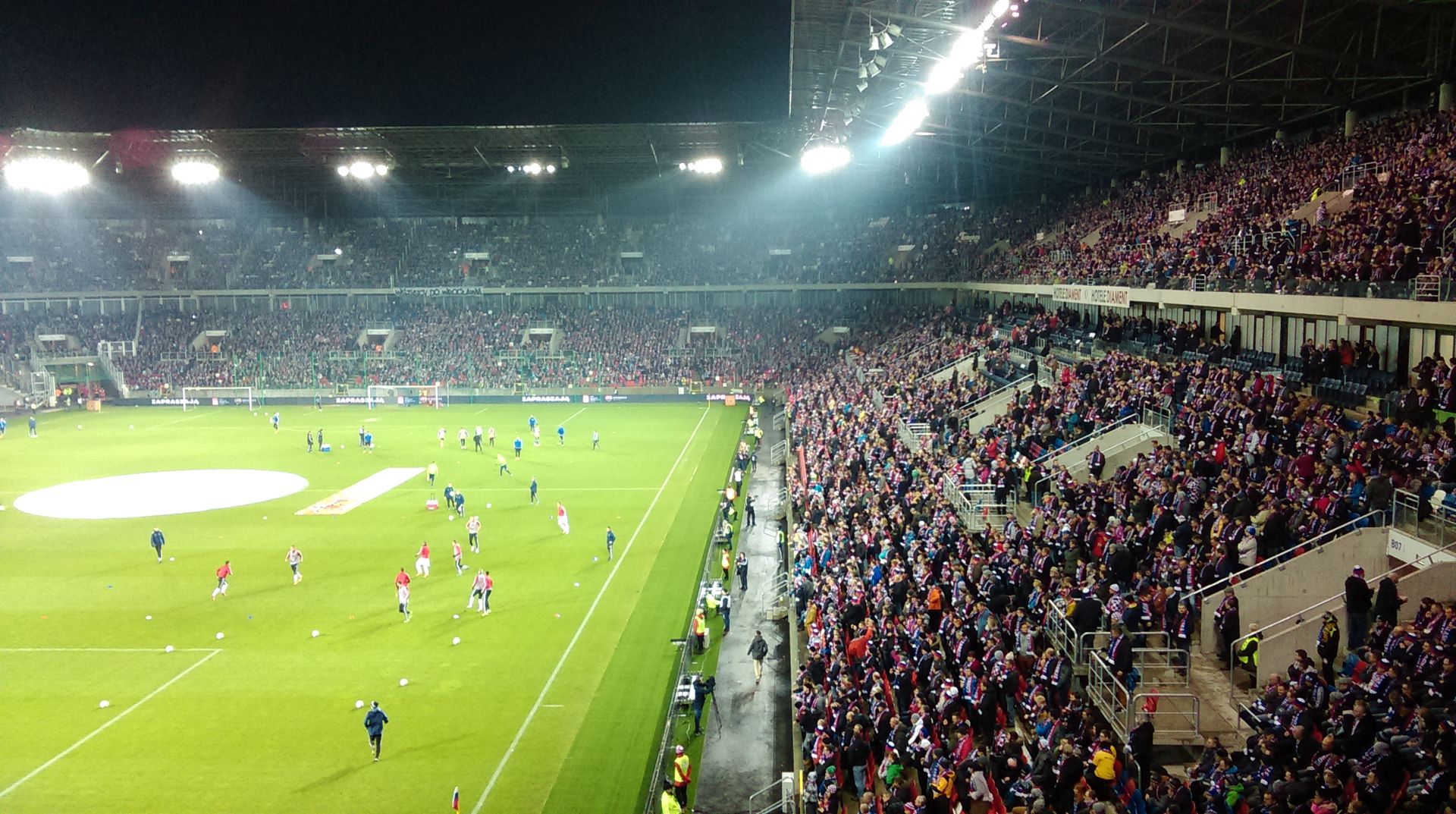Górnik Zabrze
6.41

Overview
Górnik Zabrze is one of the most decorated football clubs in Poland, founded in 1948 in the city of Zabrze. The club's history dates back to the post-war years, when new sports clubs began to emerge in the war-torn areas of Zabrze. Following the merger of several local teams, GZKS "Górnik" was formed and quickly started achieving success. In the 1950s, Górnik won its first Polish championship title and reached the Polish Cup final. Over the next few decades, the club remained in medal contention in the league standings for at least 13 consecutive years.
The 1960s marked the "golden era" for Górnik, with five consecutive Polish championship titles. The club also gained recognition on the European stage, reaching the quarter-finals of the European Cup. In 1970, Górnik advanced to the final of the European Cup Winners' Cup, where they faced Manchester City. Throughout the 1970s and 1980s, the club continued to secure titles, and in 1988, it triumphed in the Polish Super Cup.
In the following years, Górnik experienced fluctuations in performance. After being relegated from the Ekstraklasa between 2000 and 2009, the club needed time to regain its form and financial stability. Despite ups and downs, Górnik quickly returned to the top tier in the 2013/2014 season.
The club's stadium, originally opened in 1934, underwent modernization to meet contemporary standards and currently has a capacity of approximately 24,000 spectators. Górnik Zabrze has not only contributed to the development of Polish football but has also made its mark in international competitions, becoming a symbol of the mining culture in the region.
An interesting fact is that the club boasts numerous titles and has produced several outstanding players who have also earned recognition while playing for the Polish national team. Górnik Zabrze is not just a sports club but also a significant cultural and social institution in Zabrze, attracting countless football enthusiasts.
Location
Tickets
Powered by GetYourGuide
2026 Wizytor | All Rights Reserved